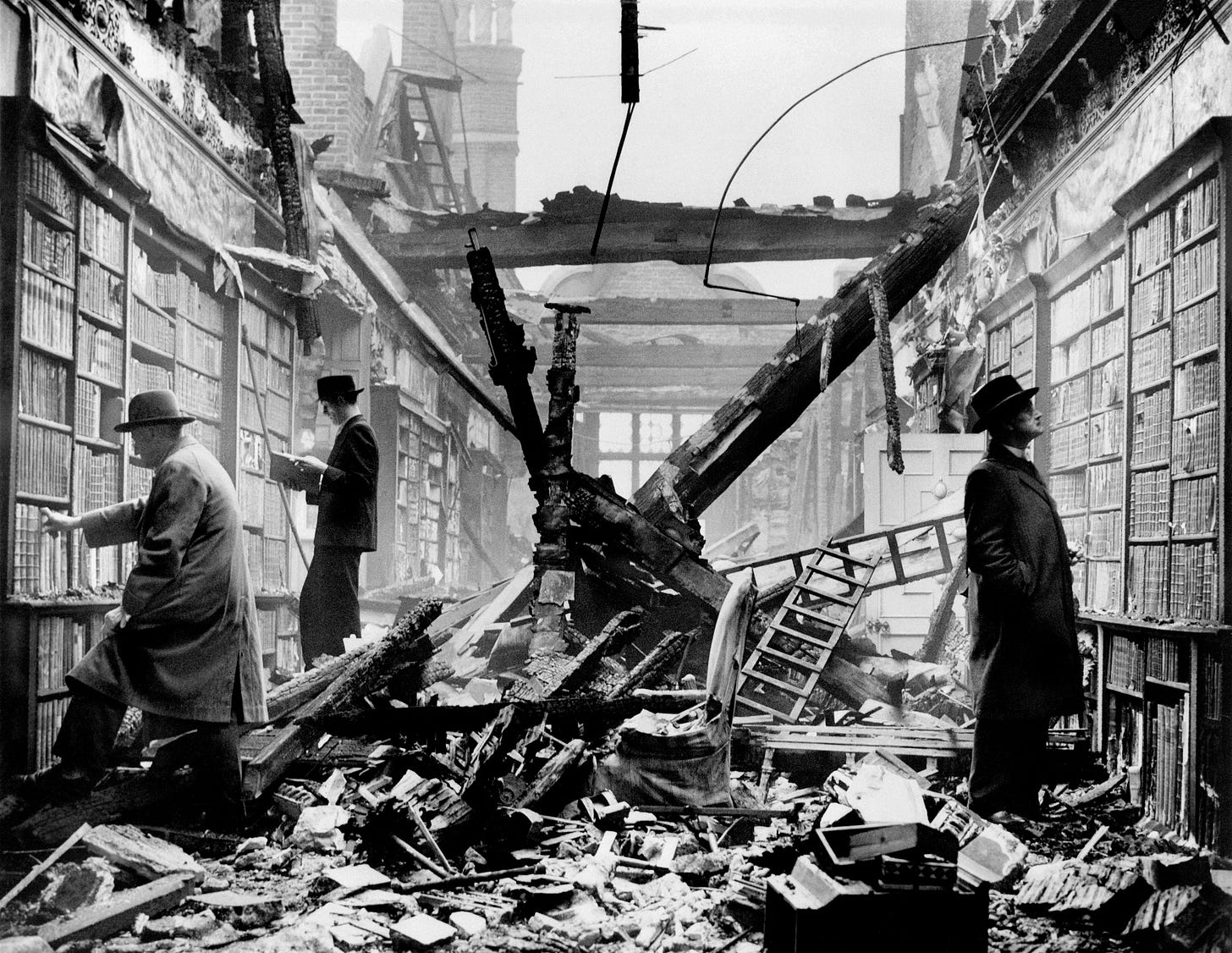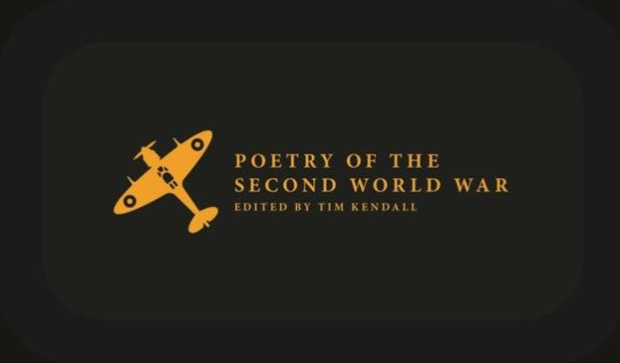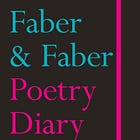trying in mid-air to force rise up
Their own smashed brick
Lynette Roberts, Gods with Stainless Ears
According to the critic Cyril Connolly, in the early years of the Second World War, newspaper columnists often asked, “Where are the war poets?” The idea of war poetry as a kind of public service had become established after the First World War, when Wilfred Owen, Siegfried Sassoon and other combatants sang of the new horror of trench warfare. Connolly’s answer to the question, given in the middle of the Blitz, was: “under your nose”. “War poets”, he wrote,
are not a new kind of being, they are only peace poets who have assimilated the material of war. As the war lasts, the poetry which is written becomes war poetry, just as inevitably as the lungs of Londoners grow black with soot.
The poetry of the Second World War, as Connolly saw, would be more diffused — like soot — among the population than that of the Great War, composed on the home front as well as overseas. It would also prove to be much more dispersed across time. In January 1945, the anthology War Poems from the Sunday Times returned to the question “Where are the war poets?” and suggested:
We still await the masterpieces of war poetry, and it may be a lifetime before some village Hardy finds his powers summoned forth by the events which we know only too well and he knew not at all.
Like browsing a bombed library, anthologising the poetry of the Second World War is a matter of digging out what survived.
The paragraphs above are the start of my review of a new anthology, Poetry of the Second World War (Oxford University Press), for this month’s Literary Review. I won’t reprint the whole piece, as it’s still fresh in the magazine. But I thought I’d use this week’s post to expand on my concluding paragraph:
What is lacking from Tim Kendall’s survey is a sympathetic hearing for the avant-garde — those late modernist poets who produced a scattered but powerful body of work during the war. Humphrey Jennings’ now-acclaimed propaganda films, for example, emerged from his fascination with surrealist poetics, and he wrote a number of haunting, Whitmanic prose poems about the dream-like juxtapositions of the Blitz (“I see the green leaves of Lincolnshire carried through London on the wrecked body of an aircraft”). J.F. Hendry, leader of the neo-romantic New Apocalypse movement, left at least one perfect poem in the form of the opening lyric of The Orchestral Mountain (1943), an elegy for his wife, killed in an air raid (“Her arms are columns of memory”). And any Second World War anthology that doesn’t include the poems of the experimental Welsh writer Lynette Roberts, as rediscovered twenty years ago, is, to my mind, incomplete. Alongside “the burst stomach like a cave” — a typical tough-guy simile from Keith Douglas, the soldier-poet who gets the most poems here — let us have Roberts’s “womb was / Fresh as the day and solid as your hand” and her stanzas about miscarrying while her soldier husband was away from home: “Slatched / Nowhere the deflated ropes of blood. Wrenched / Harbouring heartbreak that is a crack grailed.”
I’ve written about my admiration for Lynnette Roberts’ Gods with Stainless Ears (1951) here:
It’s an extraordinary long poem of the war (and so, admittedly, tricky to anthologise): sometimes cubistically descriptive, sometimes expressively dense in its use of the specialist vocabularies of work and craft — in the lines above, for example, “slatched” evokes both the slack part of a rope and a break in bad weather, while “grailed” alludes to the language of heraldry, where “engrailed” describes a line indented with semi-circles pointing outwards. The speaker’s “heartbreak”, that is, becomes a kind of cracked shield, a wound held but not healed.
Roberts’ verse was returned to readers in Collected Poems (Carcanet, 2005), edited by Patrick McGuinness. But it’s harder to find, and read, the work of the other poets I mention. Humphrey Jennings’ writing remained scattered in fragments until collected in 2021 by Michel Remy and Neil Coombs. Poetry & Prose: The Surrealist Vision (Dark Windows Press) includes several manuscript pieces from 1941 structured around the anaphoric repetition of “I see”, written while travelling to make the propaganda documentaries Words for Battle and Listen to Britain. The poems are filmic montages in themselves, using the panning syntax of the long line as a kind of handheld camera (Jennings’ eye is particularly alert to the sharp meeting of light and shade). Here is “I See London”, which widens out from St Paul’s at the centre of the bombed city:
Keep reading with a 7-day free trial
Subscribe to Some Flowers Soon to keep reading this post and get 7 days of free access to the full post archives.







